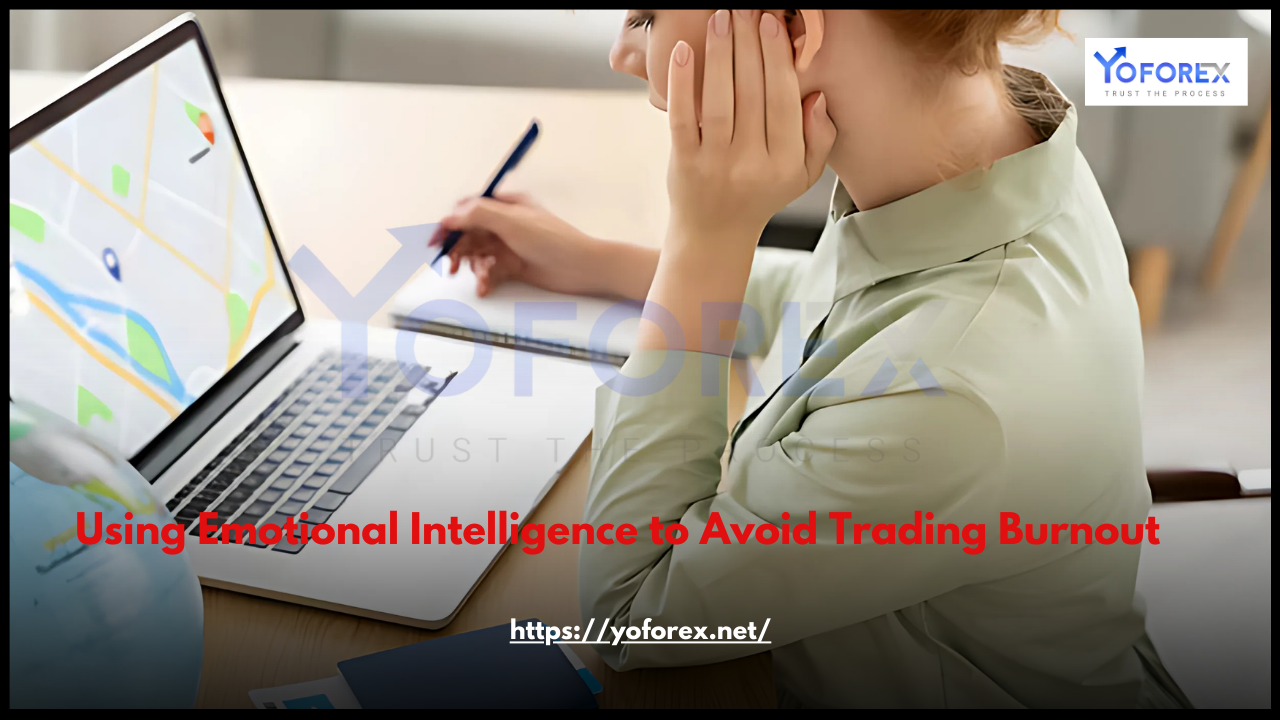Trading in financial markets is both an exciting and challenging endeavor. While the potential for profits is significant, the psychological toll it takes on traders is equally substantial. One of the most common yet overlooked challenges in trading is burnout—a state of emotional, mental, and physical exhaustion caused by prolonged stress.
To sustain long-term success, traders must develop Emotional Intelligence (EI)—the ability to recognize, understand, and manage emotions effectively. By harnessing EI, traders can maintain a balanced mindset, reduce stress, and ultimately avoid burnout.
Understanding Trading Burnout
What is Trading Burnout?
Burnout is a condition where a trader experiences extreme mental fatigue due to constant pressure, poor emotional management, and a lack of psychological resilience. It often leads to poor decision-making, impulsive trading, and eventual financial losses. Burnout can manifest in several ways, including:
- Emotional Exhaustion: Feeling drained and unable to handle trading-related stress.
- Loss of Motivation: A decline in enthusiasm and excitement for trading.
- Cognitive Impairment: Inability to focus, leading to errors in judgment.
- Increased Anxiety and Frustration: Feeling overwhelmed by market fluctuations.
- Physical Symptoms: Headaches, insomnia, and muscle tension due to prolonged stress.
The Role of Emotional Intelligence in Preventing Burnout
Emotional Intelligence is a crucial skill that helps traders maintain composure, stay disciplined, and develop resilience. The five key components of EI—self-awareness, self-regulation, motivation, empathy, and social skills—play a vital role in avoiding burnout.
1. Self-Awareness: Recognizing Your Emotional Triggers
Self-awareness is the ability to recognize and understand your emotions and their impact on your trading decisions. Many traders fall into the trap of overtrading or making impulsive decisions due to emotional triggers like fear, greed, or frustration.
How to Enhance Self-Awareness:
- Keep a trading journal to record your emotional state before and after trades.
- Identify emotional patterns that lead to poor decision-making.
- Use mindfulness techniques like deep breathing or meditation to stay grounded.
2. Self-Regulation: Controlling Emotional Reactions
Self-regulation involves managing emotions in a way that prevents them from negatively influencing trading decisions. Traders who lack self-regulation often revenge trade, take unnecessary risks, or exit profitable positions too early due to fear.

Strategies for Self-Regulation:
- Follow a trading plan: Set clear entry and exit rules to eliminate emotional bias.
- Use risk management tools: Set stop-loss and take-profit levels to minimize losses.
- Take breaks: Step away from the screen to reset your emotions when feeling overwhelmed.
3. Motivation: Maintaining Passion and Discipline
Successful traders are intrinsically motivated by the process rather than the immediate outcome. When traders focus solely on short-term profits, they are more prone to frustration and burnout.
Ways to Stay Motivated:
- Set realistic goals and measure progress over time.
- View trading as a long-term journey rather than a quick-profit scheme.
- Surround yourself with a supportive trading community that encourages learning and growth.
4. Empathy: Understanding Market Psychology
Empathy in trading means understanding how market participants think and react to news, events, and trends. It allows traders to anticipate market moves and avoid getting trapped in emotional trading cycles.
How to Develop Market Empathy:
- Study market sentiment by analyzing news, trends, and investor behavior.
- Avoid herd mentality by making independent trading decisions.
- Learn from other traders’ experiences and mistakes.
5. Social Skills: Building a Strong Support System
Trading can be an isolating profession, but connecting with other traders and mentors can provide guidance and emotional support. Engaging with a community allows traders to share experiences, gain insights, and prevent emotional exhaustion.
Ways to Improve Social Skills in Trading:
- Join trading forums, mastermind groups, or mentorship programs.
- Participate in trading discussions on social media or online communities.
- Share knowledge and experiences with other traders to learn and grow collectively.
Practical Techniques to Avoid Trading Burnout
- Create a Structured Routine: Set specific trading hours and stick to them to avoid excessive screen time.
- Prioritize Mental and Physical Well-being: Exercise, meditate, and maintain a healthy lifestyle to keep stress levels in check.
- Avoid Overtrading: Stick to a well-defined trading strategy to prevent unnecessary exposure to market volatility.
- Take Regular Breaks: Step away from trading to refresh your mind and prevent emotional fatigue.
- Set Realistic Expectations: Accept that losses are a part of trading and avoid unrealistic profit targets.
- Engage in Non-Trading Activities: Pursue hobbies, socialize, and engage in activities unrelated to trading to maintain a work-life balance.
Conclusion
Trading is not just about numbers and charts; it’s about psychology and emotional resilience. By developing Emotional Intelligence, traders can manage stress, stay disciplined, and maintain long-term success in the market. The ability to recognize emotions, regulate responses, and maintain a balanced mindset is what separates successful traders from those who burn out.
Incorporating EI into your trading routine will help you navigate market fluctuations with confidence and clarity, ensuring a sustainable and profitable trading career. Remember, the goal is not just to trade but to trade effectively and sustainably.

